While predicting the future is something we can only dream of, I have always found that digging into the past reveals recurring patterns that tend to point in a particular direction. Even so, with this year’s Oscar race for the Best Original Score, I have to admit, predicting a winner has proven particularly difficult because, as we shall see, there seem to be two strong contenders for the prize: Hans Zimmer’s Interstellar and Jóhann Jóhannsson’s The Theory of Everything. But by considering several relevant factors I discuss below, I predict that the score that will take home the Oscar on Sunday night will be The Theory of Everything.
Double Nominations
It sometimes happens that more than one score by the same composer is nominated in the same year, as this year with Alexandre Desplat for both The Grand Budapest Hotel and The Imitation Game. Some may feel that such double nominations dash the hopes of such composers due to a splitting of votes in their favor. Whatever the reason, Oscar history shows a distinct pattern. If we omit the early years of the Oscars and begin with 1946, when the list of nominees for Best Original Score (or its equivalent) was shortened from twenty (yes, twenty!) to only five, then there have been twelve years when double nominations occurred. The composer to receive the double nomination lost in eleven of those twelve years, the only exception being 1977, when John Williams won for Star Wars and was also nominated for Close Encounters of the Third Kind. (Ironically, Williams has been on the losing end of a double nomination in seven other years.) This statistic does not bode well for Desplat, especially since it took a film of monumental impact to overcome the disadvantage of the double nomination, and while the films Desplat scored are both highly acclaimed, neither is the phenomenon that Star Wars was. Thus, one could almost eliminate both of Desplat’s scores on this point alone.
Past Oscar Wins
As I noted above, one of the best ways to make an Oscar prediction is to consider recent winners. Over the past ten years, the film that won the Best Score Oscar was also nominated for Best Picture in all ten years. This year, there are three films nominated for both Best Score and Best Picture: The Grand Budapest Hotel, The Imitation Game, and The Theory of Everything. But also consider that in 2009, the number of nominees for Best Picture was expanded from five to ten, then in 2011, changed to between five and ten. With so many nominees, it becomes more likely for a film to receive nominations for both Best Picture and Best Score. So when a Best Score nominee does not also fetch a Best Picture nomination, it appears to be more of a strike against the score in question. This year, there are eight films nominated for Best Picture, meaning that, although there was still room for two more films, no others were esteemed highly enough to make the grade. This includes the two Best Score nominees that did not make the Best Picture list: Mr. Turner and Interstellar. I believe this will be an especially important factor come Oscar night.
It is also significant that of the last ten winners for Best Score, seven of the films have also been nominated for Best Director. This year, only The Grand Budapest Hotel and The Imitation Game are in this category, but they are already at such a disadvantage, this probably means very little.
Other Awards
While not as significant an indicator as Oscar history, the BAFTAs and especially the Golden Globes are also useful to consider. This year, the BAFTA for Original Music went to Desplat’s Grand Budapest, though it is important to note that he was not a double nominee for that award (nor was anyone else). This year’s Golden Globe went to Jóhannsson’s Theory of Everything, and again, there were no double nominees. Over the past ten years, the Golden Globes have been a more reliable predictor of Oscar success than the BAFTAs, the former agreeing with the Oscar winner seven times and the latter only five. From these trends, The Theory of Everything would seem to have the advantage.
Box Office
Of the past ten Best Score winners, all have been from the year’s 100 highest grossing films (domestically). This year, only Mr. Turner does not fit this bill. But we can go somewhat further and note that seven of the last ten winners have been in the highest 50 grossing films, which in this year’s race would leave only The Imitation Game (44th) and Interstellar (16th). By this measure, Interstellar has the clear advantage. (Recall that last year’s winner, Gravity, another space-themed film, was even stronger in this respect, being the 6th-highest grossing film.)
Comparison of the Nominees
What about the scores themselves? How might they help predict a winner? The more distinctive a score is in some way, the more likely it is to be remembered by the voters, and when it comes to music, memorability is certainly a benefit since it is easy not to consciously notice music in a film (well, except for enthusiasts like us). Last year’s Gravity made its mark on most viewers with its use of what I called a “clipped crescendo”, where the climax of a crescendo would be suddenly cut off in synch with an important event onscreen. This made the music hard to miss.
This year’s Grand Budapest Hotel is a very memorable score with its unusual instrumentations and perky rhythms. The Imitation Game is more traditional in its construction and somewhat less prominent, though finely tuned to the film. But in my view, the double nomination will be nearly impossible to overcome for both of these scores. The score for Mr. Turner is distinctive in its chamber-music instrumentation and its dissonant but tonal harmonies, but is probably the least conspicuous score because of its sparing use, at only a half hour in total, and its placement largely in scene transitions, where strong emotions are infrequent. Though it is a highly effective score for the character study that is the film, it will likely be overshadowed by the greater prominence of the music in the other films.
The one score that stands out from the others in terms of its prominence is Interstellar. Although it is often rather soft music, its prevalent use of the pipe organ, an instrument not usually given such a large role in a modern film score, almost demands that the viewer takes notice of the music. The score also made conspicuous use of a clock-like percussion sound in scenes when time was of the essence, drawing attention to the music in an appropriately narrative-driven way.
Despite the prominence of Interstellar’s music, I would argue that the score that made the greatest emotional impact in relation to the film’s narrative was The Theory of Everything. Admittedly, this score does not have the prominence in the film that Interstellar does, but the emotions of its narrative run deeper since it vividly conveys Stephen Hawking’s physical deterioration and the ensuing difficulties it causes between he and his wife Jane. But the film also explores Stephen’s remarkable impulse to continue on in the face of adversity. In these respects, there are many scenes that stand out for their musical contribution. When Stephen tries to climb the stairs for the last time before becoming wheelchair-bound, the music expresses not Stephen’s struggle, but our sympathy for him in witnessing his still young body giving out. Or consider the scene where, while watching the fireplace through a sweater that is stuck over his face, Stephen becomes inspired with his next great idea, which, as I noted in the analysis of this score, is made clear with striking visual imagery. In both of these scenes, the music is soft and understated, yet profoundly effective in communicating the emotional content of the scene. For these reasons, I would place The Theory of Everything at a slightly higher level than Interstellar concerning more subjective aspects.
Conclusion
In deciding between Interstellar and The Theory of Everything to win the Oscar for Best Original Score, I have chosen the latter. To be sure, Interstellar has blockbuster status, being near the top of the year’s highest-grossing films, and its use of the pipe organ encourages viewers to listen consciously the score. But The Theory of Everything has the all-important Best Picture nomination, some momentum from its Golden Globe win, and a highly emotional narrative that allows Jóhannsson’s subtleties to shine at key moments in the film.
Then again, as I have said in previous years, this is the Oscars we’re talking about, and there is nothing preventing any of the other scores from winning. But if we’re going to go with the most probable winner, then The Theory of Everything it is.
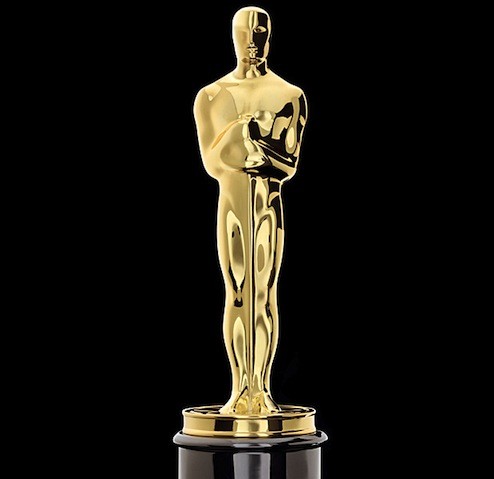
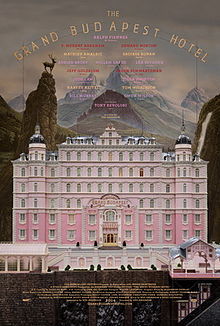
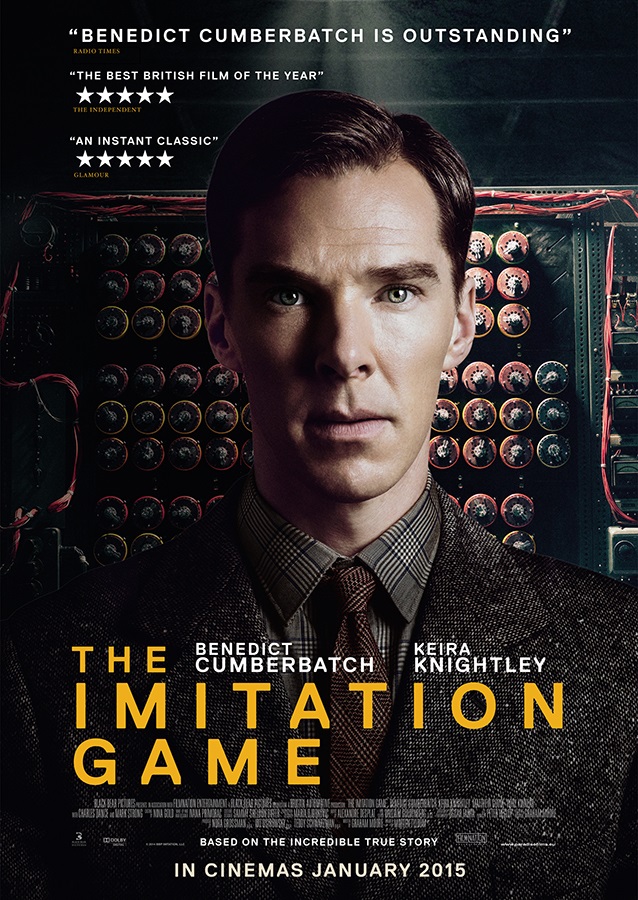
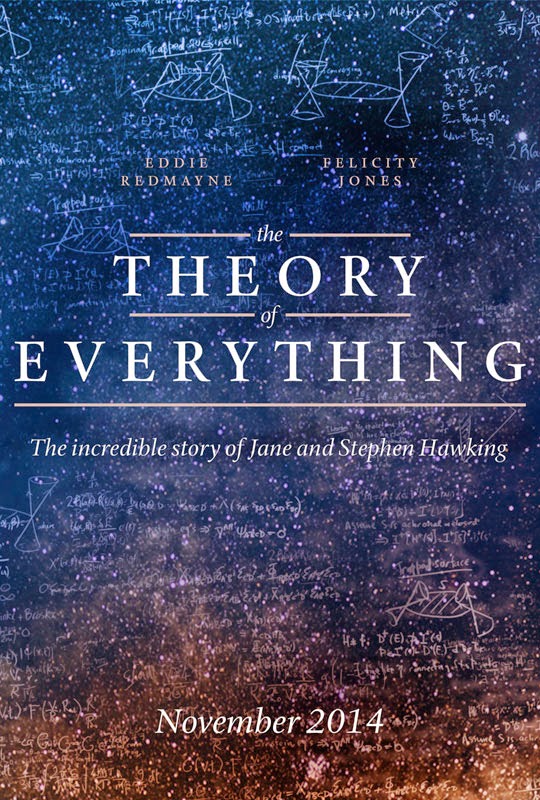
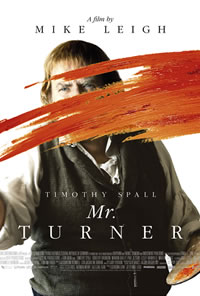
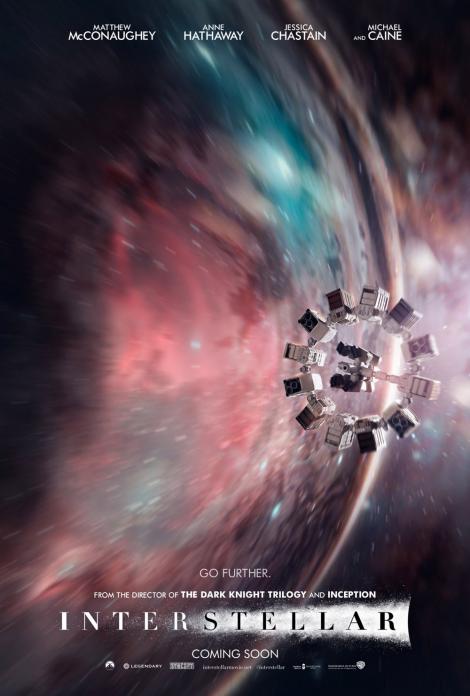
I am really disapointed with your analysis. Every time when you come to Desplat’s chances you always say: “he has a double nomination so he can’t win because it didn’t happen in the past”. But you completely ignore the factors that rule these awards. John Williams had three double nominations in more than last decade. He lost because he didn’t have the best pictures of the year in the score category. I mean: in 2002 A.I. and HP1 had 2 & 1 nominations comparing to LOTR having 13 and winning 4 (also best original score) – including best picture and best director nominations. In 2006 Munich had 5 noms winning nothing, Geisha won 3 technical categories (had 6 noms), but it was Brokeback Mountain which won best score with the largest number of nominations (8) and 3 wins including best director and screenplay (and was probably runner-up in best picture). So Williams who won BAFTA and GG for Geisha didn’t win an Oscar not because he had a double nomination, but because he had a weaker movie. The same situation in 2011 – Tintin (1 nom) and War Horse (6 noms, 0 wins) – the winner: The Artist (5 Oscars, including BP and BD). The second thing is how the voting ballot looks like. Well, I’ve made a little resarch and you have to know that it doesn’t include names. You vote for a title of the movie. No one knows that Desplat is nominated twice (unless he/she knows from other source, everything is in the internet). Actually, I don’t think anyone cares about who scored which movie. They just vote for the movie which they think is the best and at the same time which has good music. Other examples: this year there are more people nominated twice in the same category. Does it mean that set decorator Anna Pickock will not win an Oscar for GBH because she received a double nomination for both GBH and Into the Woods? Even in a very competitive category like Best Directing Steven Soderbergh won for Traffic being also nominated for Erin Brokovich! So my analysis goes like this: GBH and TIG have the largest number of nominations, indluding Best Picture and Best Director. However The Imitation Game doesn’t seem to win much, but GBH is definitely considered as one of the best pictures of the year. Theory of Everything has no directing nominations, so its Best Picture nomination is rather weak. GBH has a very characteristic music which plays a huge role in the movie, so I think it has the biggest chances to win. However, I consider Theory of Everything as its biggest threat – because it has a very well exposed score, Eddie Redmayne is very popular and Johannsson won the Golden Globe. And the last aspect of my analysis: the previous awards. Consider two things: Golden Globes are given by an Association which counts about 100 members. BAFTA has almost as many categories and voters as AMPAS (6000). GBH was NOT nominated in Best Score category in Globes, so I am not surprised that Johannsson won it (TIG was not strong enough). But ToE received 10 BAFTA nominations (GBH had 11) and it still didn’t win, and I have to add it, it was in UK! I mean, a british movie which received Best British Picture of the Year and Best Screenplay BAFTA awards, and was nominated for directing didn’t win! In Britain! So you know, in Oscars GBH has 9 noms, and ToE only 5 (without BD), how does it have any chances to win? Well, after Golden Globes a lot of people considered Johannsson as a frontrunner in this category and then they excluded the possibility of Desplat winning because of 2 noms and they are repeating it all the time. So it has some chances. But look at Brokeback Mountain – Williams won both GG and BAFTA, he was considered as a frontrunner and he failed, because the music is not the thing that matters the most 😉 I’m predicting Desplat’s GBH to win. We will see who was right in few days 🙂
@hp-gof. Thank you for such a detailed and indeed convincing analysis. Perhaps you’re right that I’m being too harsh to essentially discount Desplat because of his double nomination. And maybe the sample size for double nominees at 12 is not big enough to make any generalizations, but a 1/12 ratio of wins to double nominations is disproportionate to the 1/5 chances a score has of winning just by the numbers, so I have to think that having a double nomination and not winning are related. It is interesting that Theory of Everything didn’t win the Best Score BAFTA. That probably requires some in-depth research to figure out.
As for Grand Budapest, there two things that I would say hamper its chances (outside of any possible effect from the double nomination). First, Wes Anderson films tend to be very divisive, viewers either love them or hate them. And although its nominations for Best Picture and Director speak well of its esteem in the Academy, earning a win requires many more to like it. I’m just not sure this would be the case. Second, the film is a comedy, and comedies tend to be viewed by the Academy as less worthy of awards. Once again, the Picture and Director nominations are good signs, but since 1999, when the Best Dramatic Score and Best Comedy or Musical Score subcategories were joined into one, not a single comedy has even been nominated. Yes, there have been several comedic children’s films that have been nominated, and Up took home the award in 2009, but those are different. Grand Budapest is not a children’s comedy, so for it to win would overcome some fairly strong historic trends.
In any case, yes, we will see who wins Sunday night. Thanks again!
Well, let’s continue our discussion.
I think that the problem with GBH is its early premiere. I mean – voting in categories like production design, make up and costumes is easy, because you don’t have to remember the movie well. You see the pictures from the movie everywhere and it’s enough to remember these elements. However, if someone watched this movie in March in the cinema and didn’t repeat it on a screener before voting, this person will probably not remember the score at all. And The Theory of Everything had its premiere in the fall, so it seems to be better remembered, I think.
Well, I consider The Artist as a comedy – well, a comedy with some drama in it. The Grand Budapest Hotel has also a lot of melancholy in it. So it’s not a pure comedy. However I don’t know what will be the final reception of this movie by Americans. I think they still like it a lot. The movie won best comedy in GG, it received best screenplay award in WGA and a lot of BAFTAs. The Brits (as Europeans) completely liked it (and ignored Birdman, for example).
Remember one thing. The whole Academy votes, including production designers, costume designers, actors, producers, editors and so on – generally these are the people who will not analyse the music on the CD. They don’t specialize in movie scores. So, if so many branches nominated the same movie individually in their categories, they had to watch it, enjoy it, remember it. I mean, if you see the Oscar polls, when people vote for a movie which should win in some category, they always choose the one they watched and liked. Even if they don’t know or remember the rest of them. So if GBH gained more attention than ToE in nominations, there is more posibility that people will vote for it instead of ToE. And I don’t believe that each and every member of the Academy watched every movie. I believe in “GBH takes it all” scenario 😛
Who would you like to see winning on Sunday night? 🙂
I actually feel that Grand Budapest is most deserving this time around. It was an enjoyable bouquet of musical styles that was perfectly suited to the odd mixing of national traits and characters in the film. It’s also the score that has stuck with me the most. Good stuff.
Well, I was right 🙂
Indeed – congratulations, and thanks for your thorough discussions. I’m very happy that Grand Budapest won. It is the best of the lot in my opinion.
Truly 🙂 Never underestimate Alexandre Desplat! 😀